These common cooking oils are often found in ultra-processed foods and can contribute to inflammation in your body
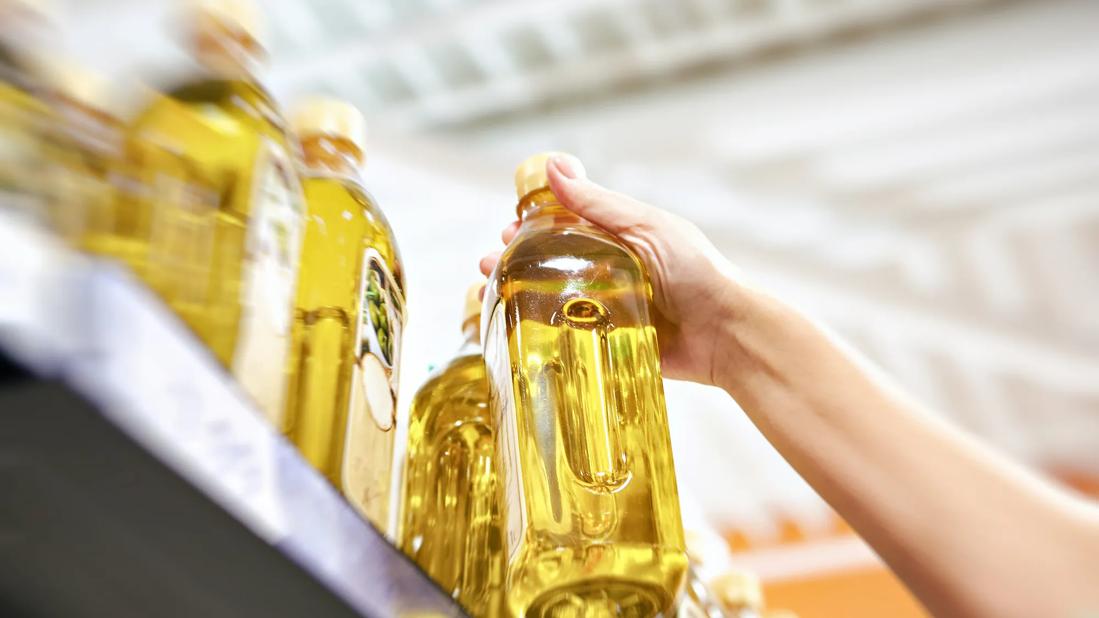
Have you heard the claim that seed oils are “toxic”? Some social media users blame them for everything, from acne and weight gain to cancer and infertility. But as is so often the case, the truth is a lot more nuanced than TikTok typically reveals.
Advertisement
Cleveland Clinic is a non-profit academic medical center. Advertising on our site helps support our mission. We do not endorse non-Cleveland Clinic products or services. Policy
Registered dietitian Julia Zumpano, RD, LD, explains what seed oils are, what they can do to your body, and whether you need to cut them out entirely or just try to focus on a healthy, balanced diet. (Hint: It’s the latter.)
In North America, seed oils first gained popularity in the late 1900s as an alternative to partially hydrogenated oils. They’re plant-based cooking oils made from — you guessed it — the seeds of various plants.
These seeds are turned into oils that have become extremely common in both cooking and baking.
But seeds themselves can be a really healthy addition to your diet. So, shouldn’t the same be true of oil made from seeds? Not quite.
Advertisement
“Seed oils are made through a chemical process where they’re bleached, refined and heated in order to be usable,” Zumpano explains. That process strips the seeds of their nutrients.”
Here are the eight seed oils most commonly used and discussed:
You might hear this group of seed oils referred to as the “hateful eight,” a reference to some people’s belief that they’re toxic and should be completely removed from your diet.
But is the problem with seed oils themselves? Or is the problem the way they’re used? Let’s dig in.
“Seed oils have high levels of omega-6 fats, which can lead to inflammation,” Zumpano says, “and they’re mostly used to make processed and ultra-processed foods, which causes inflammation in the body.”
To better understand what all of that means for your health, Zumpano breaks down the issues with seed oils and how they’re used.
Some seed oils would be high in vitamin E and phenols, if not for the refining process itself. But they’re typically very processed to help with taste, color and shelf life.
“Seed oils are chemically processed, which may include cleaning, pressing, bleaching, deodorizing, refining and, in some cases, adding a chemical solvent hexane for oil extraction,” Zumpano explains. “The processing of these oils strips the seeds of their nutrients and could potentially add harmful ingredients.”
The end result is oils with no real health benefits — though, this downside isn’t unique to seed oil. Other types of oil can be very processed and refined, too, so it’s always important to pay attention to what you’re buying.
Seed oils aren’t necessarily good for you. But the real reason they’re considered so bad for you is related to how they’re most often used: in processed foods and ultra-processed foods.
“Most seed oils are utilized in the form of packaged foods, fast foods and eating out,” Zumpano says, “and that’s where most of the danger lies.”
But you’re most likely to consume seed oils when you’re eating something that’s already pretty bad for your health — something that’s also full of fat, sugar and sodium.
A review of 45 studies on ultra-processed foods found that greater exposure to these types of foods is associated with a higher risk of negative outcomes, especially cardiometabolic disorders and mental health concerns. (We’ll talk about those shortly.)
Seed oils are high in linoleic acid, a type of omega-6 fatty acids, which are themselves a type of polyunsaturated fatty acid. Your body needs small amounts of these polyunsaturated fats, which are good for your cholesterol and help protect you from heart disease.
Advertisement
But “a small amount” is the key phrase here. A diet that’s too high in omega-6s is also a diet that’s typically too low in omega-3 fatty acids. The ideal omega-6 to omega-3 ratio is 2:1 or 1:1, but for most people in the U.S., the ratio is actually a whopping 10:1 or even 20:1.
This type of imbalance is thought to lead to inflammation in the body. While a little bit of inflammation is a good thing (it’s your body’s way of healing cell damage), chronic inflammation is definitely not. It’s linked to conditions like:
Again, this doesn’t mean seed oils cause chronic conditions, per se. But a diet high in seed oils can play a role in skewing your body’s delicate balance of omega-6s and omega-3s. This can then contribute to inflammation, which can lead to chronic conditions. So, it’s important to try to keep your diet in balance, on the whole.
“Omega-3s are so important for overall health that we really need to make the effort to get them into our diets,” Zumpano notes. “Omega-6s, on the other hand, are already in abundance in Western diets. So, if a certain food is high in oils that contain a lot of omega-6s, you really want to try to eat them only in moderation.”
Advertisement
Occasionally frying your breakfast potatoes in a little bit of sunflower oil isn’t going to throw your body into disarray. But there are some caveats.
“It’s important to note that these oils shouldn’t be cooked at high temperatures or reused,” Zumpano cautions. “That really worsens their negative effects.”
And if you want to stop consuming seed oils entirely, she says there are no downsides to doing so.
“When people say they’re cutting seed oils from their diet, what they really end up doing is cutting out many processed foods,” she continues. “I think that’s why we often hear about seed oils as being so bad for your health. But the reality is that it’s less about the seed oils themselves and more about the fact that they’re so often found in ultra-processed foods.”
Instead of using seed oils at home, Zumpano suggests doing most of your home cooking with oils that are high in heart-healthy omega-3 fatty acids instead of piling on the omega-6s:
“Both of these oils are clinically shown to have higher monounsaturated fats,” Zumpano shares. “They’re not seed-based, and they don’t go through the same type of processing, so they’re very unrefined and even have a lot of nutritional benefits.”
Advertisement
But what about using seed oils at home? Should you throw away that bottle of sunflower oil on your shelf? Experts have varied opinions, but Zumpano believes they should be limited in home cooking.
“They’re not necessarily the greatest choice in oil,” she states. “But when used in moderation in home cooking, they’re not nearly as bad for you as when you’re getting them in ultra-processed foods, fast foods and fried foods.”
If you do want to cook with seed oils at home, try to use them infrequently and in small amounts. Buy versions that are pure and unrefined, which aren’t as processed and still have some of their nutrients.
In general, it’s best to take it easy on oils, both seed and otherwise. This is especially true when you go out to eat, as most restaurants use cheaper cooking oils — which is to say, refined cooking oils.
But instead of specifically focusing on banishing seed oils from your diet, Zumpano reiterates that your first step should be trying to cut out ultra-processed foods as much as you can.
“Eating whole, unprocessed foods at home gives you a little bit of a buffer when you go out to eat,” she encourages. “If you’re able to maintain and manage what you eat most of the time, then the other times won’t have as big of an impact on your health.”

Sign up for our Health Essentials emails for expert guidance on nutrition, fitness, sleep, skin care and more.
Learn more about our editorial process.
Advertisement

Olive oil is high in heart-friendly unsaturated fats

Your body needs some saturated fat, but too much can contribute to health issues

It’s best to avoid regular use of the ‘beef drippings,’ given high levels of saturated fat

This healthy oil is packed with nutrients and great for roasting, drizzling and even baking
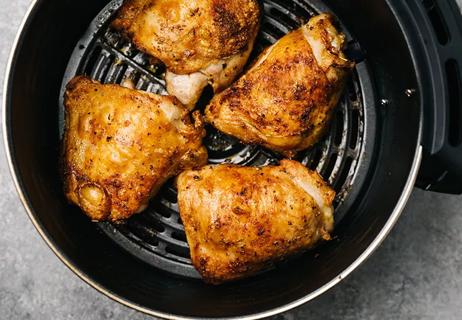
The popular cooking method can help you cut down on fat without losing the flavor and texture of your favorite foods
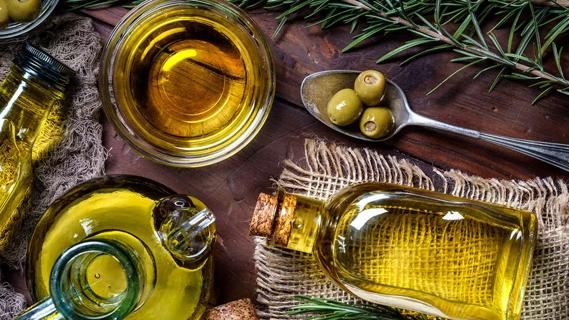
EVOO is full of antioxidants and has anti-inflammatory properties, both of which aid your body in multiple ways
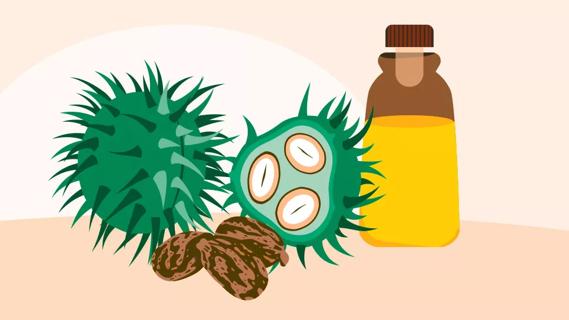
The oil some TikTokkers swear by can actually cause stomach and eye issues, as well as skin rashes
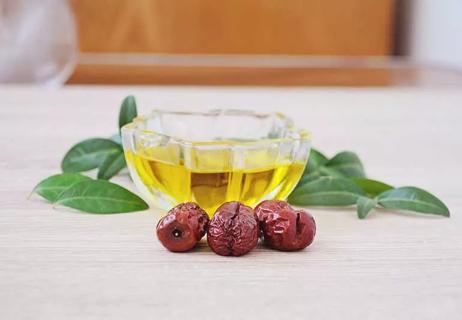
This powerhouse oil fights fine lines and wrinkles, soothes sunburn and a whole lot more

Even small moments of time outdoors can help reduce stress, boost mood and restore a sense of calm

A correct prescription helps your eyes see clearly — but as natural changes occur, you may need stronger or different eyeglasses

Both are medical emergencies, but they are very distinct events with different causes